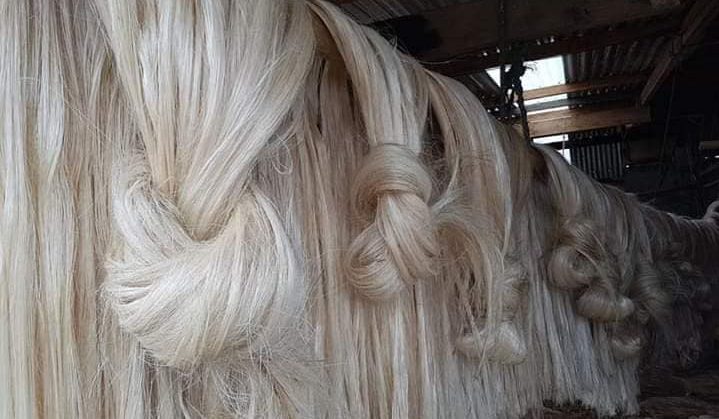By Mariel Alison L. Aguinaldo
Music streaming has become an essential part of a young person’s lifestyle. Spotify’s total monthly active users grew by 29% year-on-year to 299 million, according to its second-quarter earnings report.
Digital audio is a new playground for marketers promoting their brands to twenty- and thirty-somethings. Jan-Paul Jeffrey, head of marketing for Asia at Spotify, shared four trends that the music streaming platform identified in a study of Southeast Asian youth, conducted with research firms Culture Co-op and YouGov.
1. Super-serve your micro-communities.
Millennials and Gen Zs are connected across the world. They use technology to understand foreign cultures, with 60% claiming that they’re online friends with someone from abroad.
Through music, they’re able to foster communities with like-minded individuals across the globe over common interests in music, fashion, and social causes. On Spotify, they manifest through various musical microgenres. One such microgenre that has gained a huge following is K-pop, or Korean pop. It has amassed 41 billion streams on the platform, and its songs have been added to more than 96 million playlists.
Through listener data, Spotify can pinpoint trending artists based on location. This allows them to tailor-fit the artist lineup for Spotify on Stage, their flagship concert event.
“It’s about being part of local culture and fandom. As a marketer, I believe people can forget what you’ve told them, but they never forget how you made them feel,” said Mr. Jeffrey.
2. Amplify your values and take action.
Social consciousness and activism are important to Gen Zs and millennials. More than half (55%) say that they are constantly worried about the state of the world, while 56% affirm that they stand up for what they believe in.
However, this doesn’t mean that they no longer consume magazines, TV shows, and the like. Rather, they expect content creators to be part of the social debate. And when material resonates, it resonates hard. “This is America,” a two-year-old song by Childish Gambino talking about systemic inequalities, recently experienced a 3,000% spike in streaming in Southeast Asia in light of the recent movements in the United States.
This extends to brands, with 79% of young people expecting them to promote more progressive values and do their part in society. “Not that this is a marketing opportunity, but… it is crucial to understand their state of mind, and equally, how your brand will proceed in terms of the values that you represent,” said Mr. Jeffrey.
3. Consider your audience’s moods and moments.
While Gen Zs and millennials find fulfillment in being involved with social issues, it does take its toll on their mental health: 57% are worried about their mental well-being, particularly in Indonesia and Malaysia.
But through social media, they are able to speak up about their feelings and discuss them with others: 61% attest that their generation finds camaraderie in others by sharing deep feelings such as loneliness.
The study also found that music is a source of emotional well-being. For instance, in the first quarter of the year, total streams for Sleep, Calm, Sad, and Emo moments increased by 60% year-on-year across Southeast Asia. These playlists acted as a coping mechanism for anxiety and insomnia brought about by the pandemic.
As the world continues to struggle through difficult times, 65% of Gen Zs and millennials believe that brands should convey moral support and understanding through their messaging. It may be wise for brands to communicate patience and empathy across their platforms, said Mr. Jeffrey.
4. Captivate through audio creativity.
With the majority of Gen Zs and millennials finding that there’s too much visual stimulation nowadays, audio has become their respite: 92% stream music at least a few times a week, while 40% listen to podcasts at least once a week.
Their listening habits are also influenced by their activities. For example, most listeners stream while they are driving, commuting, exercising, and running. But since the pandemic happened, streams dropped during these moments. Instead, there was an increase while people were working from home, gaming online, shopping, doing household chores, or trying to sleep.
Interestingly, there was also an increase in activity-themed playlists. For example, 2,750 playlists were made specifically for banana bread-baking, which became a trend globally for people on quarantine.
Through these playlists, brands will able to gain key insights into the daily activities of young people. “It’s key to understanding exactly how the audience is tuned in, how receptive they would be to receiving your brand’s message,” said Mr. Jeffrey.


